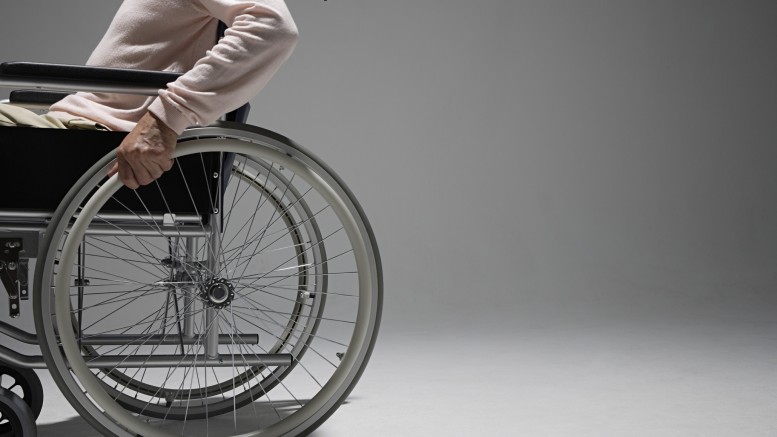Most people that had any knowledge of disabled people and the way historically they have been treated, must applaud that now even severe disability does not preclude them from living independent lives. The Disability Discrimination Act 1995, amended in 2005, enshrined in law that it is unlawful for landlords and agents, and other service providers, to treat disabled people less favourably than others on the grounds of their disability. This was consolidated in the Equality Act 2010(EA 2010 replaces the previous Acts, and also the Sex Discrimination and Race Relations Act, bringing them all under one umbrella, EA 2010).
In addition, from April 2016, there will be an increase in the rights of disabled tenants to ask for adaptations to their properties. This may disturb some landlords, who feel that they would be better avoiding the differently-able as tenants. This would be seen as discriminatory and may mean missing out on what could be a very good, long standing tenant.
Landlords are under no obligation to change the structure of the property; they do not need to remove walls or make any special provisions in the kitchen and bathroom. For the right tenant, adapting the bathroom, perhaps installing a walk-in shower rather than a bath, may be a good decision. Installing grab handles/rails, to assist in getting into or out of a bath is not very expensive and may be equally appreciated by an able-bodied tenant.
You cannot discriminate against a tenant on the grounds of their disability. They must be treated in the same manner as anybody else, so you cannot ask for an increased deposit, even if the nature of disability is such that you feel there may be damage caused by equipment he needs. You must also not make decisions about how suitable the property is for them. Have a detailed discussion at the interview stage. Do they need to use a wheelchair indoors? Doorways may not be wide enough to allow this. How easy is access into the property? Could a ramp be constructed? Sometimes just the position of the property would make this impossible. Does your tenancy agreement say no dogs? How would you feel about a Guide or Assistance dog?
Although a landlord cannot always know exactly what will be asked of them, try and picture the needs someone might have. Grab rails near doors, possibly taps changing to make them more accessible, a different door handle – all these things could make life easier for a tenant without adding a huge amount to the landlord’s spend. Spend extra time going through the tenancy agreement thoroughly to ensure the tenant is clear about what is expected. Provide a copy in large print, if this assists the tenant in reading it. As is always recommended, have a list of questions to ask each tenant, so that if challenged, you can prove there was a good reason why one tenant was chosen over another. Your selection procedures should be transparent, so no charge of discrimination can be brought.
Does this sound as though a disabled tenant can only cause problems? Not true, of course. Tenants may present with a disability that is not apparent. They are still disabled. Others can appear extremely disadvantaged, yet live full and independent lives and give not one iota of trouble to a landlord. What is certain is that the right property can be a life-line to disabled person, ready to make it a home and set to live there for years to come. Surely, this is what most landlords want? Do the research.
Are there any grants available to help with the costs? Discuss with the local authority who will give you advice on any funding they can assist with. You could find yourself with an excellent, and grateful, tenant; they could find themselves with a home and a landlord who never has to chase the rent. Worth the risk? YES.
For advice on buy to let issues – General Knowledge









Be the first to comment on "Taking Disabled Tenants"